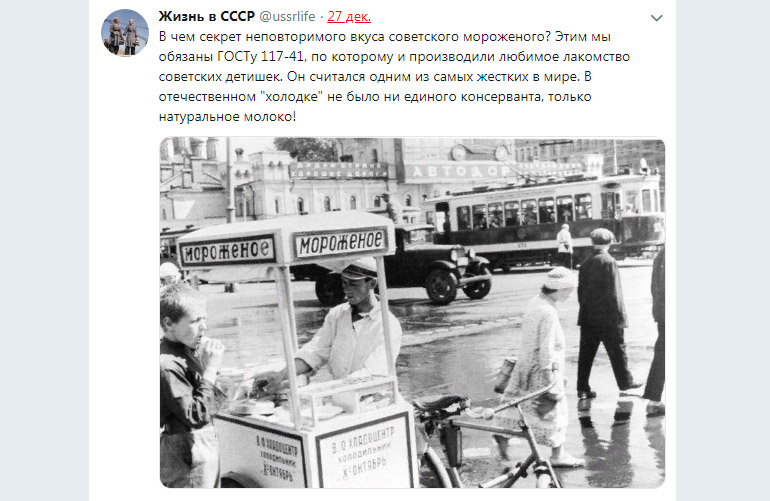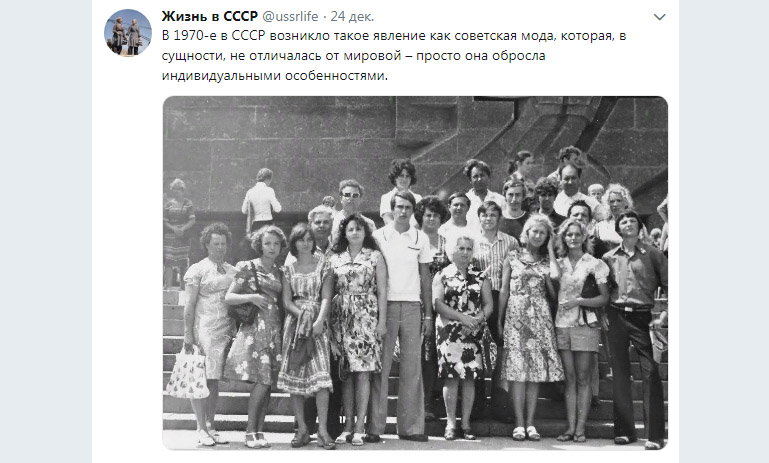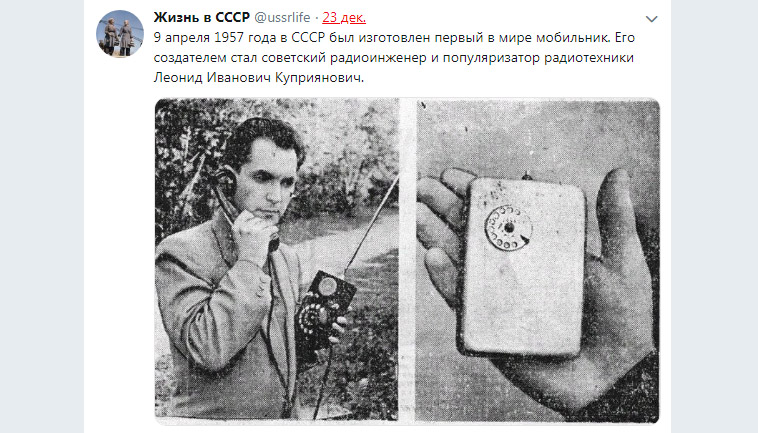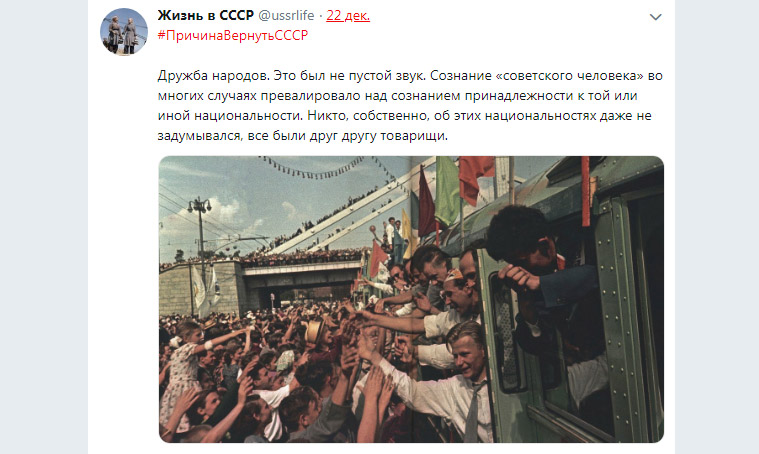Myths about the Soviet past continue to circulate and even to grow, Maxim Mirovich says; but they are precisely that – myths – that have little basis in reality and mean that Russians today are inclined to think that the past was better than the present in small ways and large.
The Belarusian commentator lists seven such myths and then explains why each is false and is not worthy of being believed:
- “The Tastiest Ice Cream.” Russians to this day believe that Soviet ice cream was the tastiest in the world, but they forget two things: it didn’t have competitors in Soviet stores reducing the value of such assertions and Soviet ice cream was produced according to American recipes and on American machinery that began to be imported into the USSR in 1936.

- “There was No Crime in Soviet Times.” One might joke that theft will be less when there is less to steal, Mirovich says; but in fact the Soviet Union was near the top of all countries in terms of all kinds of crime including the most violent.
- “The Soviet Union had Its Own Fashion Industry.” It did in the sense that it produced clothes, he says; but it didn’t in that all of its clothing was a ripoff from advertisements in the Burda catalogue.

- “Soviet cars widely available.” That was true for the elite, but for everyone else, there typically was a wait of ten to 15 years. They weren’t well made and in most cases were copied off of American [or Italian-Ed.] originals.

- “The Soviet Union invented the mobile phone.” This is nonsense, Mirovich says. An American company did; but large numbers of Russians to this day believe otherwise and articles keep appearing making that assertion and even showing pictures of the Soviet “invention.”

- “Everyone respected the Soviet Union.” Many people feared the Soviet Union, but the number who respected it was quite small. Most viewed it as an impoverished military power that could build nuclear weapons but not provide its people with indoor plumbing.
- “In Soviet times, there was friendship of the peoples.” That is absolutely untrue. Inter-ethnic hostility and anti-Semitism were widespread, and the official nationality registered in one’s passport often determined one’s life outcomes. In the military, ethnic groups formed up to defend themselves and attack others. This reflected the fact that “Armenians didn’t like Azerbaijanis, people from the Caucasus tried to subordinate Slavs to themselves, and everyone fraternally disliked Muscovites.”

Read More:
- Ukrainian music forbidden under Soviets comes to limelight in international project
- Good old Soviet tradition of coerced public confessions springs up in Belarus
- How to be a Finn if you’re a Soviet spy: KGB’s illustrated tips from the 1970s
- Jailed Russian historian exposing Soviet crimes awarded Sakharov prize
- New Lviv Museum showcases clandestine avant-garde art outlawed during Soviet era
- Why post-Soviet cities look so terrible, and how this can be fixed
- Six amazing projects bringing life to Soviet ruins in Ukrainian cities
- Putin claims right to territories of former Soviet republics
- How the Soviets stole Ukrainian Christmas




